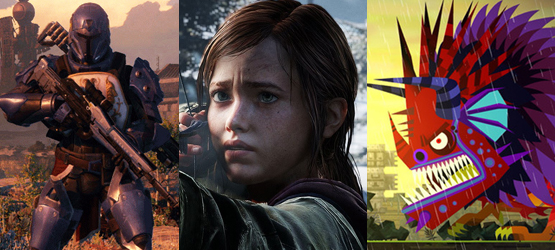“Metroidvanias.” I am powerless to resist the formula. Their drip feed of discovery, player progression, and map completion is a cocktail I happily indulge in. The obsession started with Castlevania: Symphony of the Night and titles like Guacamelee! and even Bloodborne, in many ways, continue to feed it. It’s a formula that works on me.
Despite technology lapping itself many times over in the last…








